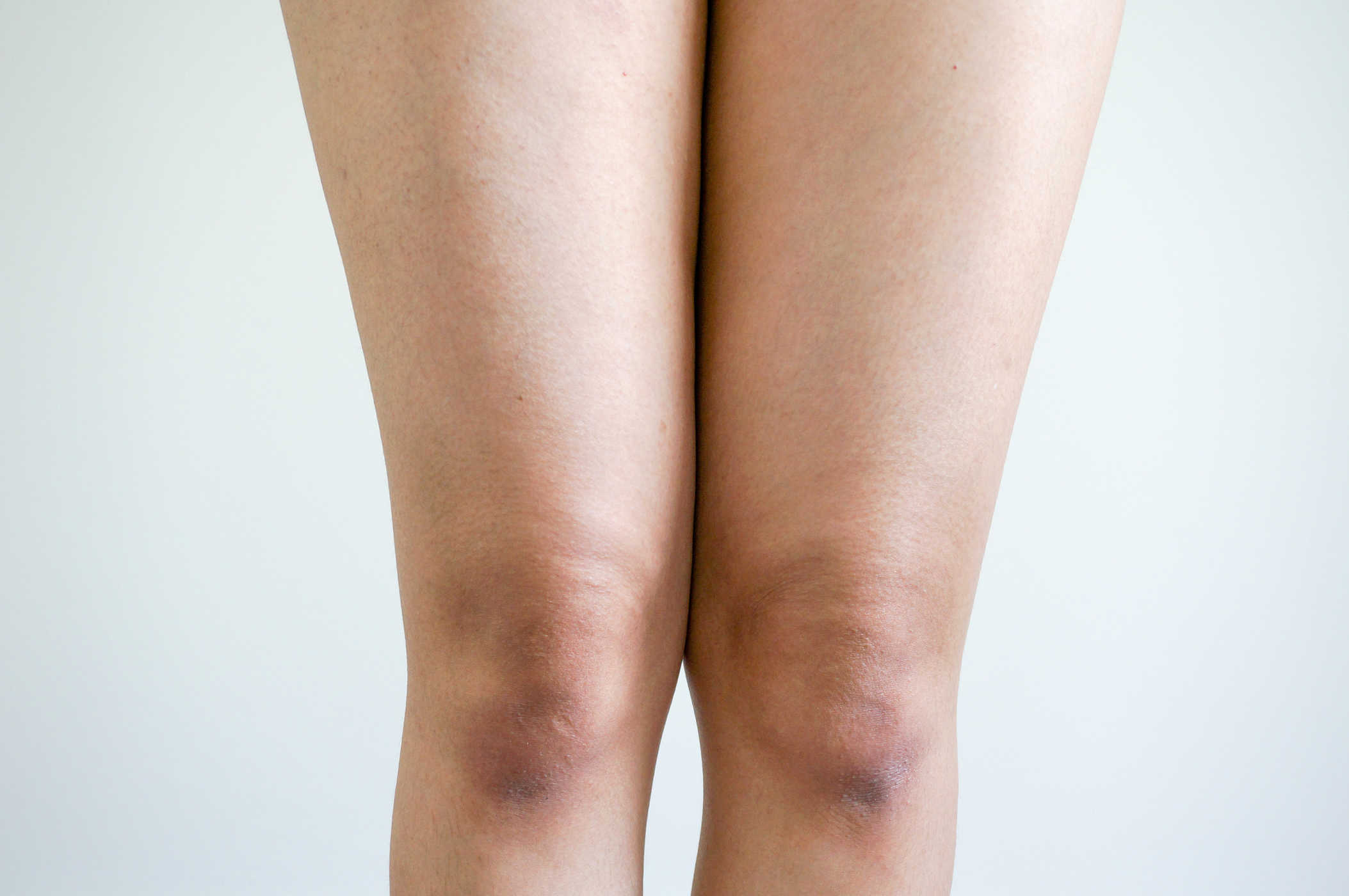Contents:
- Medical Video: If You’re On Any Of These Medications, DO NOT Use Apple Cider Vinegar
- What is the function of diuretic drugs?
- Types of diuretic drugs
- Thiazide diuretics
- Diuretic loop
- Potassium-sparing diuretics
- Do diuretic drugs have dangerous side effects?
- Mild side effects
- Severe side effects
- Can everyone take diuretic medicine?
- Drug interactions that can occur
Medical Video: If You’re On Any Of These Medications, DO NOT Use Apple Cider Vinegar
Have you ever been prescribed a diuretic drug? Maybe this type of drug sounds strange to some people, including you. Intrigued, what are these diuretic drugs and what side effects can they occur? See the explanation below.
What is the function of diuretic drugs?
A diuretic drug, also known as a water pill, is a drug designed to reduce the buildup of body fluids through urine.
Basically there are 3 types of diuretics in the recipe. Diuretic drugs are often prescribed to lower blood pressure. This drug will reduce the amount of fluid in your blood vessels and this helps lower your blood pressure.
In addition, it can also be used in other conditions, namely treating swelling of the ankles, lower legs, accumulation of fluid in the stomach due to liver damage, or certain cancers, and eye conditions such as glaucoma.
Diuretic drugs can also be used to treat congestive heart problems. For example, this heart condition makes the body unable to pump blood effectively throughout the body. As a result, this causes a buildup of fluid in your body called edema.
A diuretic drug that will reduce this fluid buildup immediately.
Types of diuretic drugs
There are 3 types of diuretic drugs, thiazides, loops and diuretic potassium-sparing. All of these drugs generally work on the same principle of making your body release more fluid as urine.
Thiazide diuretics
This type of drug is the drug most often prescribed by a doctor. This type of drug is most often used to treat high blood pressure. These types of drugs not only reduce fluids in the body but also cause blood vessels to relax. Examples of thiazides are:
- chlorothiazide
- chlorthalidone
- hydrochlorothiazide
- metolazone
- indapamide
Diuretic loop
This type of drug is often prescribed to treat cases of heart failure. Examples of these drugs are:
- torsemide
- furosemide
- bumetanide
- ethacrynic acid
Potassium-sparing diuretics
This type of diuretic drug can reduce the amount of fluid that builds up in the body without removing potassium, and other important nutrients. This is the difference between this diuretic type and the others.
In other types of diuretic drugs, in addition to your fluid level which will be reduced as well as the potassium levels. This type of diuretic drug is prescribed for people at risk of having low potassium levels, such as those who take other drugs with side effects to deplete potassium levels in their body.
This type of drug actually does not help reduce blood pressure, so it is usually if you experience blood pressure too, the doctor will give other blood pressure drugs, not depending on this type of drug. Examples of these diuretics are:
- amiloride
- spironolactone
- triamterene
- eplerenone
Do diuretic drugs have dangerous side effects?
Each drug will have side effects. But of course the severity of the side effects will vary.
Mild side effects
- Too little potassium in the blood
- Too much potassium in the blood (side effects of diuretic potassium-sparing)
- Low sodium levels
- Headache
- Dizzy
- Thirsty
- Blood sugar increases
- Muscle cramp
- Increased cholesterol
- Skin rash
- Thirsty
- Diarrhea
Severe side effects
- Allergic reactions
- Kidney failure
- Irregular heartbeat
Can everyone take diuretic medicine?
Not everyone can be given diuretic drugs. For people who have difficulty urinating this medicine is not recommended. Because, diuretic drugs will make you urinate more, whereas if there is a problem in the drainage system it will add new problems.
In addition, there are some conditions that also do not recommend using diuretic drugs, namely:
- Having severe liver or kidney disease
- severe dehydration
- Having an irregular heartbeat
- Being in the third trimester or having experienced high blood pressure during pregnancy
- Age over 65 years or older
- Have gout
- Having an irregular heartbeat
- Having allergies to sulfa drugs, such as Septra and Bactrim
- I've taken drugs that damage hearing such as cancer drugs, salicylates, or aminoglycosides.
If you are included in one of the conditions above, immediately notify your doctor before taking diuretic drugs.
Drug interactions that can occur
Many drugs can interact with diuretic drugs. So, reconfirm with your doctor or pharmacist to make sure that you don't consume more than one diuretic at a time. Except, indeed in certain cases carried out under the supervision of a doctor.
In addition, you should not take loop diuretics if you are using the Tikosyn drug (Defetilide).
Be sure to monitor your potassium levels carefully if you use thiazide and loop diuretics or other drugs, digoxin. There is also a need for adjustments regarding the dosage of insulin and diabetes medications, for your diuretic use.
Also tell your doctor if you are taking mood stabilizing drugs, namely lithium. Tell your doctor too if you take any medication that causes you to feel dehydrated to adjust the dose.

















